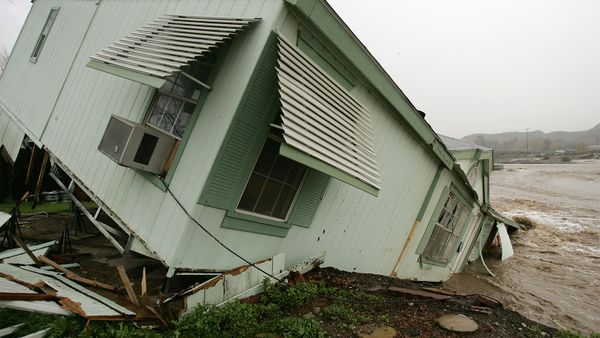
The average premium for the most common type of homeowners insurance was $1,211 in 2017, the most recent year for which data was available, according to a report issued last year by the National Association of Insurance Commissioners. That figure was up slightly from $1,192 in 2016.
But that doesn't tell the whole story. The annual cost of homeowners coverage can vary by hundreds of dollars, depending upon the size of your house and what insurer you choose, according to the Insurance Information Institute, an industry group that provides information to consumers. And while experts caution that skimping on your coverage to save money isn't a good idea, there are some things you can do to reduce your costs and ensure that you get the best deal available.
Advertisement
First, be wary when you shop for coverage. "We always say, don't be penny-wise and pound-foolish," explains Amy Bach, executive director of California-based consumer advocacy organization United Policyholders. "If you let the insurance company know that the only thing you care about is price, that's a great way to ensure that you end up short on protection. You want to get a fair price and basic, solid protection."
The institute also cautions that when you shop for homeowners insurance, you should be looking at more than just the cost. You'll want to make sure that the insurance company has a good record for dealing fairly with policyholders, and that it provides good consumer service. Otherwise, if you ever have to file a claim, you may come to regret just going with the lowest price.
Here are a few steps that the institute suggests you can take to check out potential insurers:
- Ask friends and relatives for recommendations, based on their own experiences.
- Contact your state's insurance department and see whether the company has a record of complaints. You can find your state regulators on this list from the National Association of Insurance Commissioners.
- Check the financial health of potential insurers by checking a rating service such as AM Best. Here's an article on how to make sense of the ratings.
- Look at consumer publications. One good source is Consumer Reports' homeowner insurance ratings, which evaluates insurance carriers on the basis of factors such courtesy, timeliness of payment, promptness, simplicity of the claims process, and the ease of reaching an agent.
- Talk to the company yourself and see if its representatives take the time to answer your questions and address our concerns.
Advertisement

